The volumes under the series ‘Modern Indian Thinkers will discuss the ideas of one specific author through a series of articles by different scholars.
These articles will necessarily be a mix, whose exact nature cannot, and should not, be rigidly fixed beforehand; but the mix will be partly survey, partly criticism, partly located within a deeper problematic and the unveiling of such a problematic, and partly a carrying forward of the thought. The nature of the contents will itself evolve as we bring out more and more volumes.
This series is not about eminent Indians or about makers of modern India. It is not even about Indians who have made outstanding contributions in different fields of thought per se. It is about thinkers belonging to different spheres of activity whose ideas bear upon the issue of India’s social revolution.
This does not mean that they should all belong to the social sciences, whether professionally or otherwise. The series will include scientists, artists from different disciplines, political activists, academicians from varied fields and intellectuals outside of the academia; but the choice of thinkers from this large field will be influenced by the degree to which their work provides a perspective on the carrying forward of India’s social revolution.
The Modern Indian Thinkers this series seeks to celebrate are those who have blazed new trails and produced new ideas outside the beaten track which serve to carry forward India’s social revolution. It is only appropriate that Professor Irfan Habib should be among the first to be celebrated as such a thinker.
Excursus in History is an examination of Professor Irfan Habib’s work in different areas and an attempt to capture the totality of his thought. The essays in this volume are quite heterogeneous: some are in the nature of surveys of particular areas of Professor Habib’s work, some critically examine his positions, some elaborate upon his ideas and some carry his ideas forward. To familiarize the reader with Professor Habib’s overall intellectual project, there is an exhaustive interview with him in which he dwells upon a whole range of themes: from Mughal India to the freedom struggle to the problems of the Communist movement. And to give brief introductions to his seminal works, some book reviews that were published at the time his books came out are also included.
Irfan Habib, Professor Emeritus of History at the Aligarh Muslim University, is the author of The Agrarian System of Mughal India (1963; revised edition 1999), An Atlas of the Mughal Empire (1982), Essays in Indian History: Towards a Marxist Perception (1995) and Medieval India: The Study of a Civilization (2007). He has co-edited The Cambridge Economic History of India, Volume I (1982), and UNESCO’s History of Humanity, Volumes IV and V, and History of Central Asia, Volume V. He is General Editor of the ‘People’s History of India series, and is the author of five of its volumes (Prehistory, The Indus Civilization, Technology in Medieval India, Indian Economy 1858–1914,Man and Environment) and co-author of two (The Vedic Age, Mauryan India).

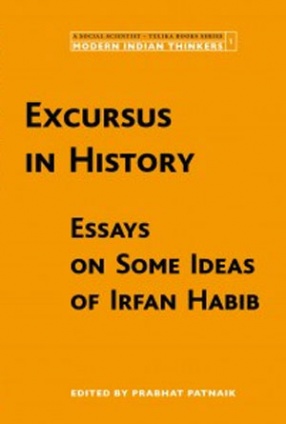
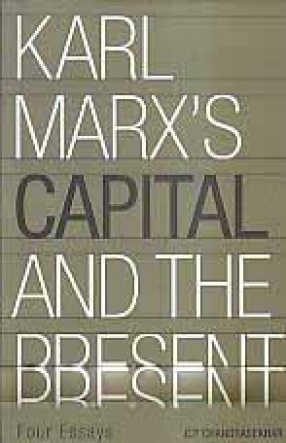
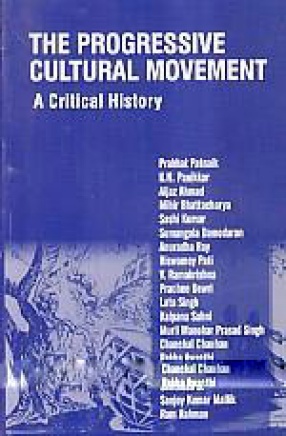
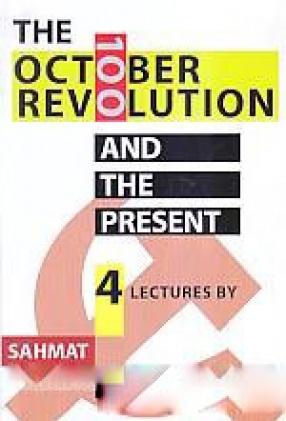

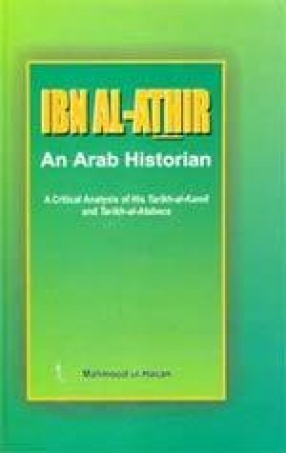
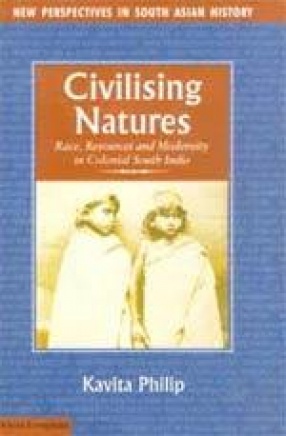
There are no reviews yet.